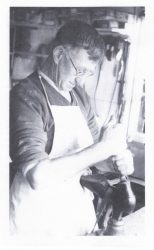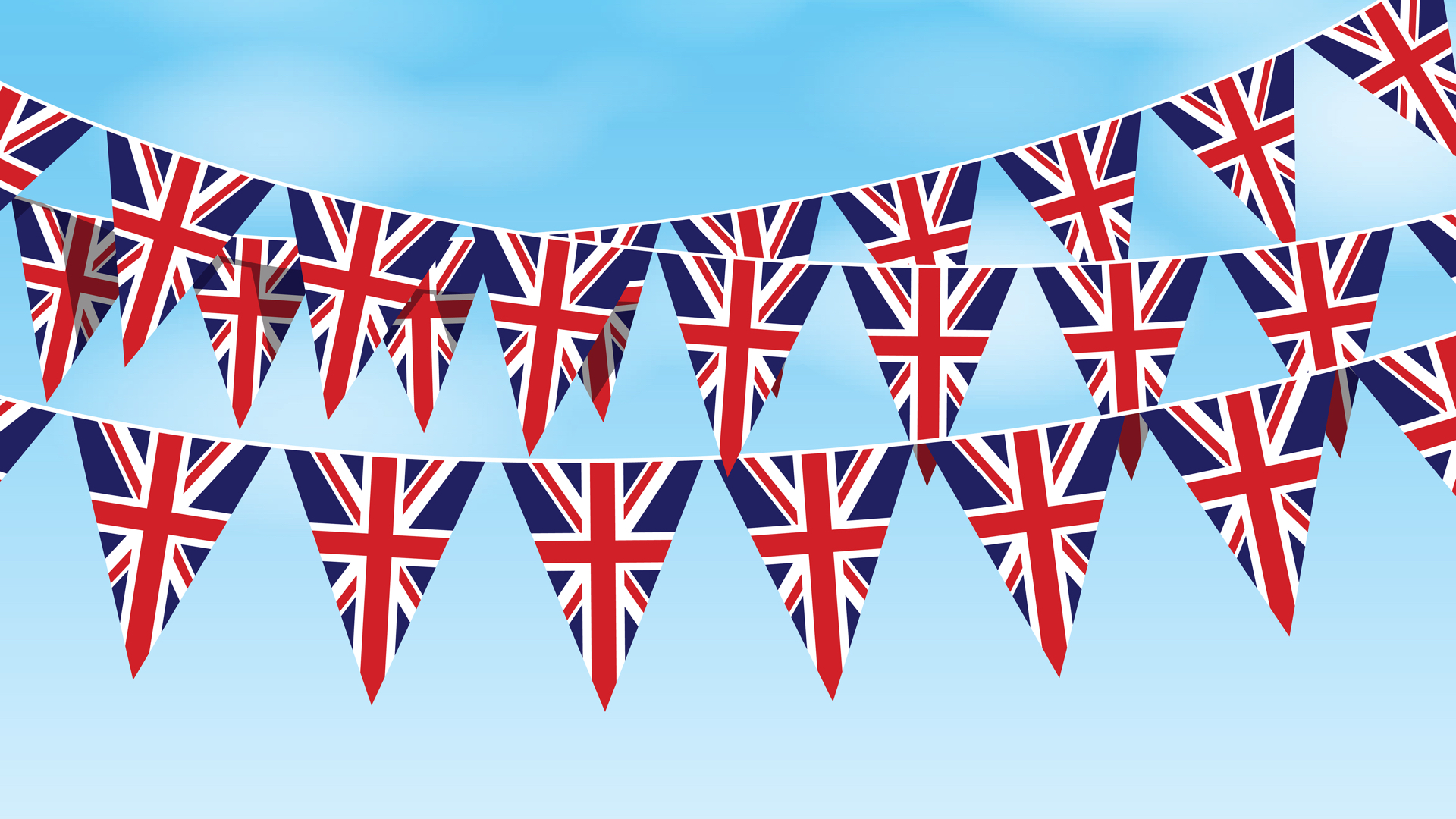 The following article was written by Joe Hagger who was one of the village cobblers or shoe-makers and lived in the cottage that faces the green next to The Red Cow.
The following article was written by Joe Hagger who was one of the village cobblers or shoe-makers and lived in the cottage that faces the green next to The Red Cow.
(This article is published as written and the language reflects the time at which Mr Hagger was writing.)
The Royal Observer Corps Oct 3rd 1938 – May 12th 1945
I joined this corps on the 3rd Oct. 1938 under the local police before it was properly organised under the Air Ministry. War was in the air and the Civil Defence was being formed. The police first came asking for volunteers for a job that was to remain a secret to work under them to watch and look out for any enemy activity in the air or land but chiefly for enemy planes and Para troops. I at once volunteered and did occasional training up to Aug 24th 1939 when we started manning the lookout post in earnest and until up to May 12th 1945 we were constantly day and night in touch by telephone with the Cambridge centre and other posts. I have never regretted being an observer, it has been interesting work and to me never lonely because though standing alone in the long hours of a winters night there was always some voice in your ear from the centre or the other posts to break the silence and though your nearest post was miles away you would be listening to the same plane and plotting its course. Then standing alone in the centre of the space you would hear a soft voice whisper in your ear “London 3, can you hear a plane coming S.W. about 09” and would pick up a sound, do your best to decide what it was and pass it over to the Watford centre.
There was the night when the enemy bombed Bristol, it was very still with a light breeze from the west and all night we in Cambridge could hear explosions across the 140 miles of open flat country. It was ascertained at the time that there were no other guns or bombs between us and Bristol. Then the nights when swarms of bombers passed over us to Coventry and we saw the barrage put up. We had a grand skyscape and land scape from our post at Chrishall situated on the extreme north eastern spur of the high ground that runs out of the Chiltern Hills and overlooking almost the whole of Cambridgeshire. 400ft up we could see down into Bedfordshire on the west, then all west Cambs, with L1 Arrington post 10 miles away, Cambridge below us and C4 post on Gogmagog, Ely, Soham and Newmarket Heath and East Cambs. I enjoyed all this on a clear day and shall miss it. So I must remember the times when the Jerry fighters came close over us machine gunning Duxford and Bassingbourne and how one night I put a fighter on the tail of one that came round shooting up the dromes. I also remember our own planes coming home damaged in fog, would get lost and we would plot their position, then see the flares go up from some aerodrome to help land them.
It was always interesting to me to watch the sky on a clear night and the clouds and the dawn break which is often wonderful. One morning we watched 4 Hurricanes get up from Duxford and fly N.E. into the rosy light of dawn till they were just 4 black specks through the binoculars and ascertained from centre that they were over Norwich 70 miles away.
Watching for a navigation light in a sky full of stars was queer, you had to watch for the star that moved then plot that, it was the same size and colour. Occasionally you would get a plane sailing right across a full moon, again with a thin layer of cloud and planes just above it between you and the sun or moon the shadows would be silhouetted plainly enough to be plotted on the instrument. Then with a gale and patches of cloud and a few stars about the stars looked just like navi. lights and more than once have been been plotted but perhaps the queerest thing of all was when you saw planes flying backwards though you had had nothing in your tea. This was when the clouds were flying faster than the planes going the same way in a gale which gave the impression that they were backing into the clouds. The prettiest and most thrilling sight was on D Day at 3am when I saw all the fighters and bombers get up from 6 dromes round me all carrying red and green lights, the sky was full of them and their roar, all keen to meet the Hun.
I should have liked to have gone on that trip as a seaborne observer but that was out of the question in my case.
There was some real hard work put in studying silhouettes and getting proficient in recognition and it needed an effort to learn them but after we were transferred to the Air Ministry in 1940 things tightened up and we became air minded and I think a good set of observers.
It’s nice now to see the planes that used to pass over in hundreds to bomb Germany now going out to drop food to Holland and bring prisoners home. I shall miss the watching and the comradeship and the talks between the two of you about everything under the sun during the longest hours of the 24, 12 midnight to 3 but I think it’s been worthwhile and I’m glad I’ve done my little bit. I ought to have mentioned the bitter cold we went through in 1941 when the temperature fell below zero and the only shelter we had was straw bales and no fire but we were no worse off than others.
So with no regrets, J Hagger L3 Cambridge Group.


0 Comments